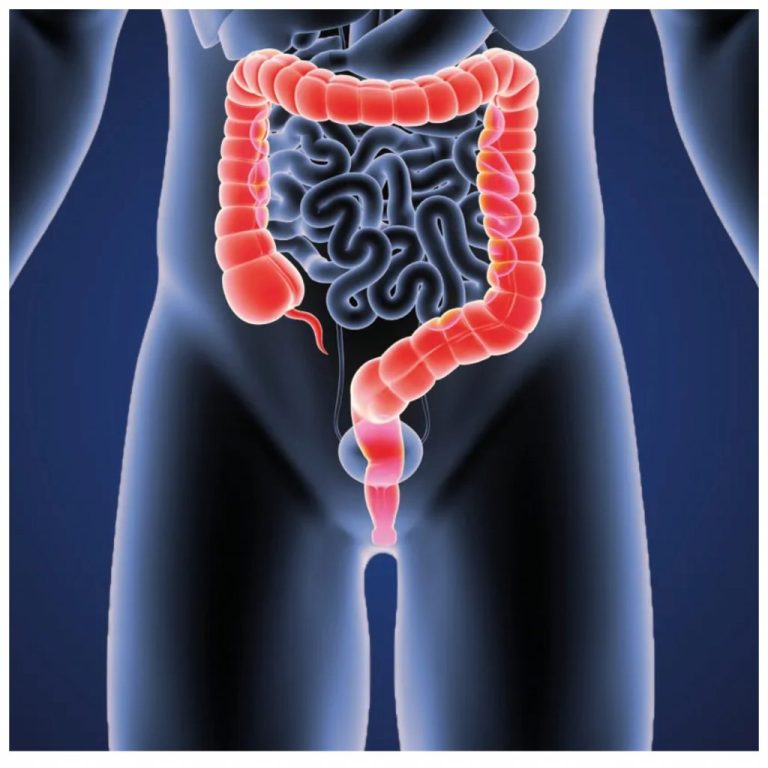Uthman Salami The Chairman, Senate Committee on Power, Eyinanya Abararibe, has blamed poverty for...
Rising
It is not unusual to see plus-sized children waddle alongside their parents in a...
Promising Afrobeats artist, Obieze Obinna aka Leeobi is set to release his debut EP...
The number of tuberculosis deaths in Europe is on the rise again after...
Anthony Ademiluyi The Head of Surgery at the Federal Medical Centre, Ebutte-Metta, Dr. Biodun...
Oil were largely unchanged yesterday as signs of ample supply, including growing United States’...
The Federal Government on Wednesday said marketers who engage in racketeering activities are responsible...
The information communication technology (ICT) space continues to be the centre of attraction for...
Experts from the private and public sectors yesterday identified fiscal and monetary policy alignment,...
Nigeria’s worsening and depressing socio-economic conditions can be addressed through appropriate policy mix and...









